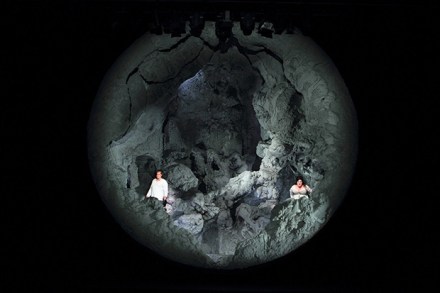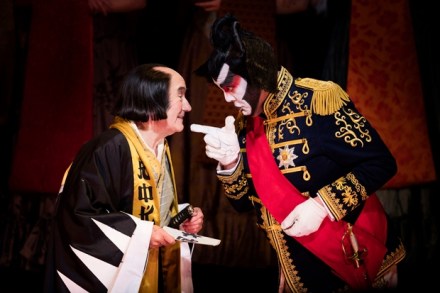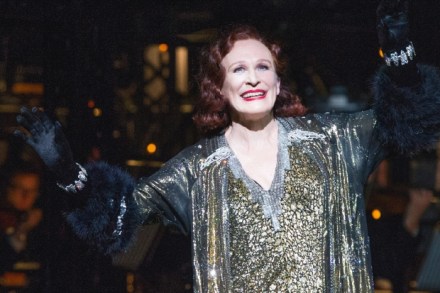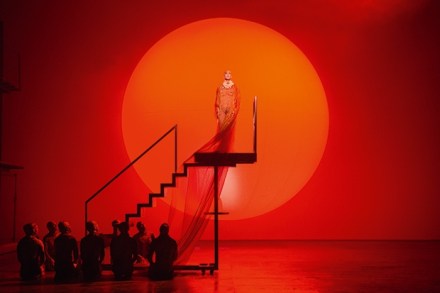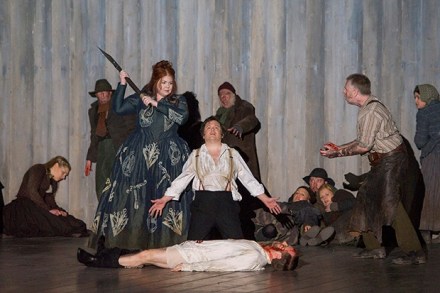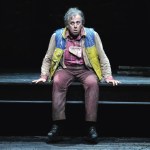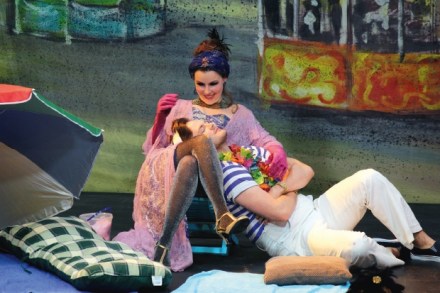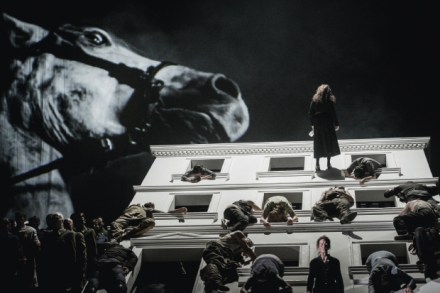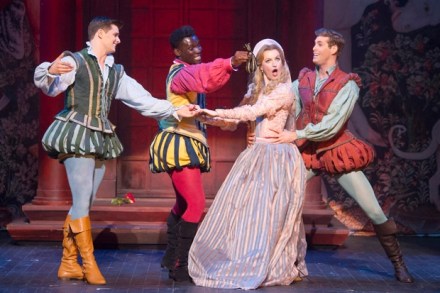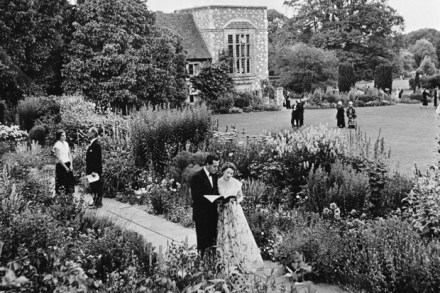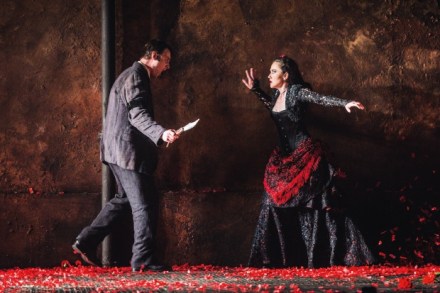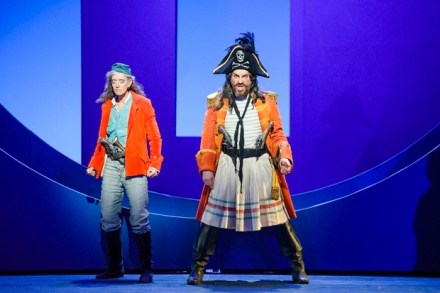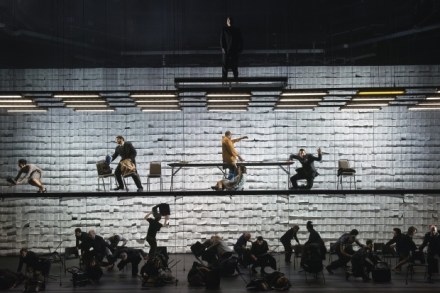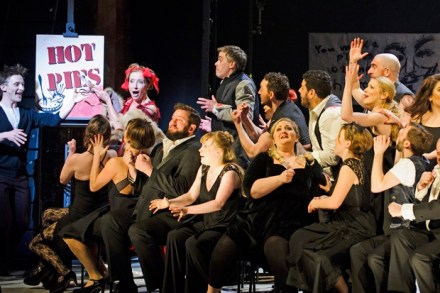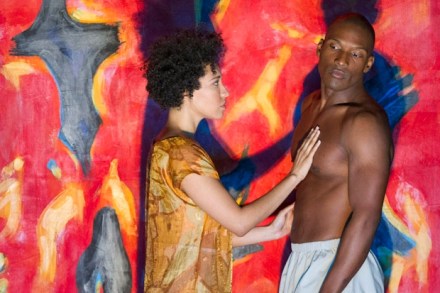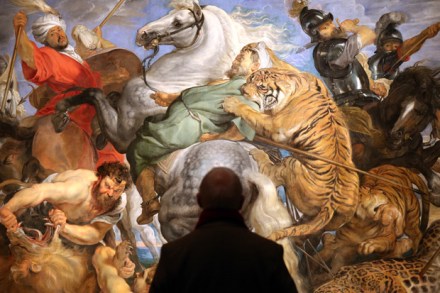Wardrobe malfunction
It is at the Coliseum that I have seen the most wonderful Tristan and Isoldes of my life, both of them under Reginald Goodall, in 1981 and, even more inspired, in 1985. Neither was particularly well produced, but nothing stood in the way of the musical realisation, as complete as I can ever imagine its being. After last year’s quite glorious Mastersingers, I had the highest hopes of Edward Gardner’s conducting of this new production, but they were dashed — in the case of the music, not drastically; but the idiocy of the costumes and the production is so gross that no performance could survive it. The settings are fashionably
